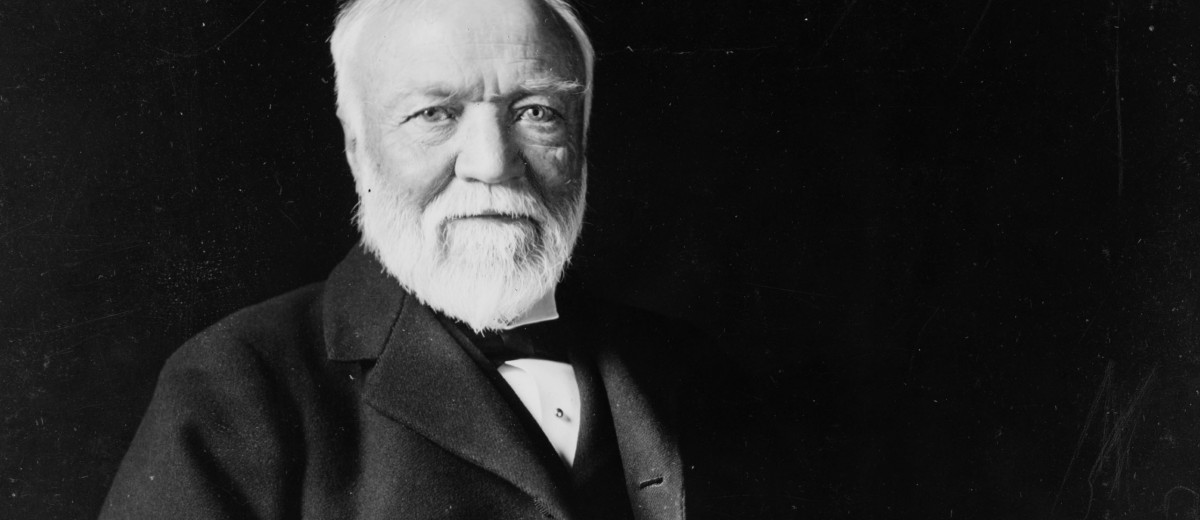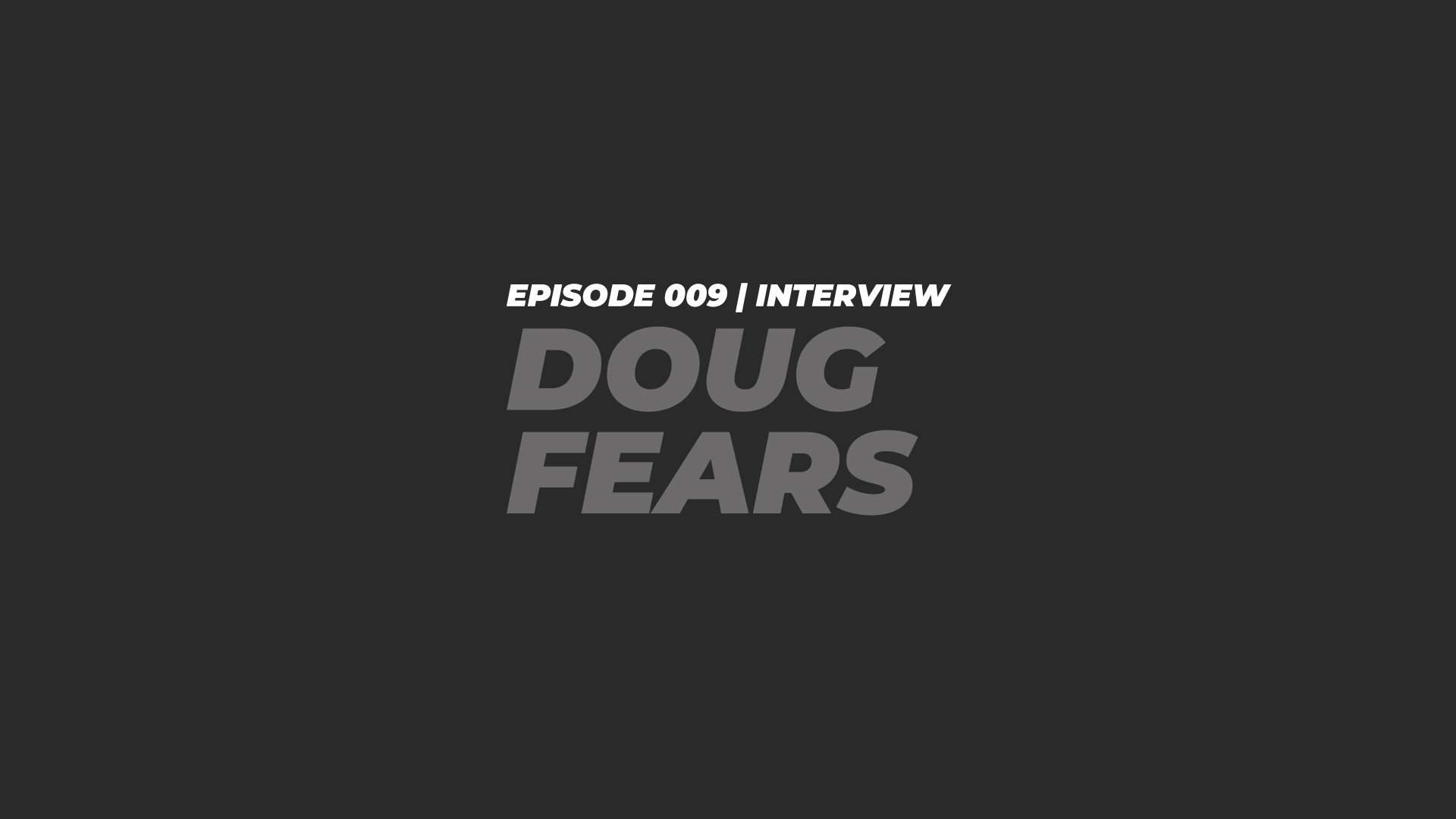“To try to make the world in some way better than
you found it is to have a noble motive in life.”
Andrew Carnegie
The Empire of Business

Andrew Carnegie (1835–1919) was among the wealthiest and most famous industrialists of his day. Through Carnegie Corporation of New York, the innovative philanthropic foundation he established in 1911, his fortune has since supported everything from the discovery of insulin and the dismantling of nuclear weapons, to the creation of Pell Grants and Sesame Street. The work of the Corporation and its grantees has helped shape public discourse and policy for more than one hundred years. Millions of people have benefited from Carnegie’s foresighted generosity — a legacy of real and permanent good. We invite you to learn more about this remarkable man’s life through an interactive timeline, historical documents, photographs, audio, and more
It is also a well-known fact that Andrew Carnegie developed more successful leaders of industry than has any other great American industrialist.
Most of them came up from the ranks of ordinary day laborers and many of them accumulated personal fortunes of vast amounts, more than they could acquire without the guidance of Mr. Carnegie. The first test that Mr. Carnegie applied to any worker whom he desired to promote was that of determining to what extent the worker was willing to go the extra mile. It was this test that led to the discovery of Charles M Schwab.
Mr. Schwab first came to Mr.Carnegie’s attention when he was working as a laborer in one of the steel master’s plants. Close observation revealed that Mr. Schwab always performed more and better service than that for which he was paid. Moreover, he performed it with a pleasing mental attitude, which made him popular among his fellow workers. He was promoted from one job to another until at long last in 1901 he was made president of the great United States Steel Corporation at a salary of $75,000 a year.
Not through all the ingenuity of man, or all the schemes that men resort to in order to get something for nothing, could Charles M Schwab, the day laborer, have earned as much as $75,000 during his entire lifetime if he had not willingly adopted and followed the habit of going the extra mile.
On some occasions Mr. Carnegie not only paid Mr. Schwab’s salary, which was generous enough, but he gave him as much as $1,000,000 as a bonus in addition to his regular salary. When Mr. Carnegie was asked why he gave Mr.Schwab a bonus so much greater than his salary, he replied in words that every worker, regardless of his job or wages, might well ponder. “I gave him his salary for the work he actually performed”, said Mr. Carnegie, “and the bonus for his willingness to go the extra mile”, thus setting a fine example to his fellow workers.”
A salary of $75,000 a year, paid to a man who started as a day laborer, and a bonus of more than ten times that amount for a good disposition expressed by a willingness to do more than he was paid for.

INTERVIEW | IQ
Rear Admiral Doug Fears brings more than three decades of experience across a range of vital homeland security areas including counterterrorism, cybersecurity, and disaster response to the NSC. Doug serves as the President’s Homeland Security Advisor and point person on an array of vital tasks ranging from overseeing the NSC Cybersecurity Directorate to coordinating the interagency efforts during disaster response. But more importantly: Doug loves Jesus and is a father of teenagers.
Here is an idea we want you to wrestle with today: If you cannot do great things, do small things in a great way. Excellence is the gradual result of always striving to do better.
Many years ago an elderly lady was strolling through a Pittsburgh department store, obviously killing time. She passed counter after counter without anyone paying any attention to her. All of the clerks had spotted her as an idle “looker” who had no intention of buying. They made it a point of looking in another direction when she stopped at their counters.
What costly business this neglect turned out to be. Finally the lady came to a counter that was attended by a young clerk who bowed politely and asked if he might serve her.
“No” she replied, “I am just killing time, waiting for the rain to stop so I can go home”.
“Very well Madam” the young man smiled, “may I bring out a chair for you”, and he brought it without waiting for her answer. After the rain stopped, the young man took the lady by the arm, escorted her to the street and bade her good-bye. As she left she asked him for his card.
Several months later the owner of the store received a letter, asking that this young man be sent to Scotland to take an order for the furnishings of a home. The owner of the store wrote back that he was sorry, but the young man did not work the home furnishings department, however, he explained that he would be glad to send an “experienced man” to do his job.
Back came a reply that no one would do except this particular young man. The letter was signed by Andrew Carnegie and the house he wanted furnished was Skibo Castle in Scotland. The elderly lady was Mr. Carnegie’s mother.
The young man was sent to Scotland and he received an order for several hundred thousand dollars worth of household furnishings. He later became the owner of half interest in the store.
Interact with these questions…
- When are you most tempted or most likely to become really self-centered and lose patience? Do you see any patterns? Which spiritual practice(s) could help counteract the gravitational pull toward impatience?
- What kinds of stories are most likely to evoke compassion in you? Why? How readily do you practice prayer, generosity, mercy, or serving others in need?
- Who do you think God could be calling you to serve in these ways?
And it is my prayer that your love may abound more and more, with knowledge and all discernment, so that you may approve what is excellent…
Philippians 1:9-10 ESV


